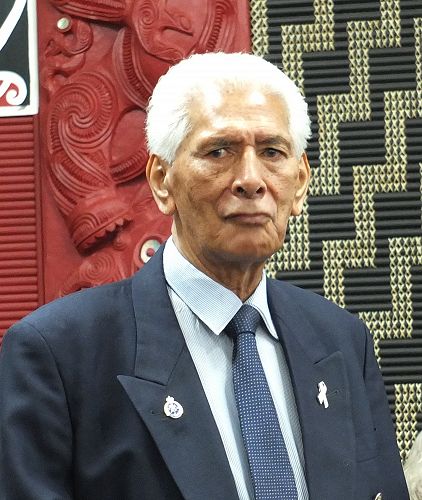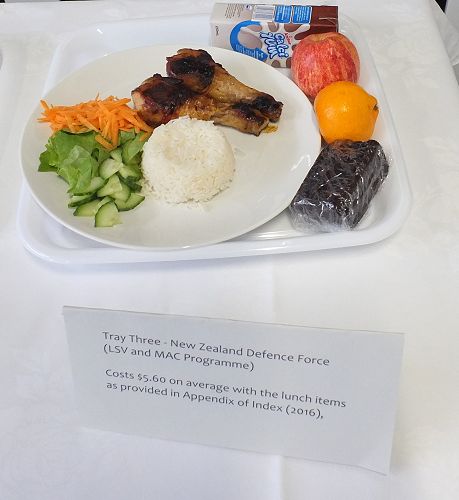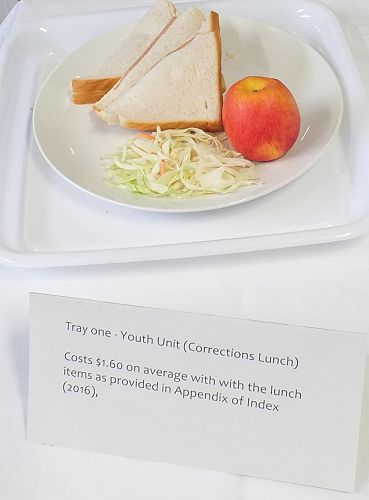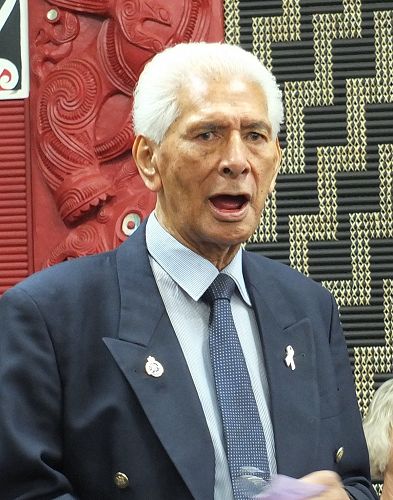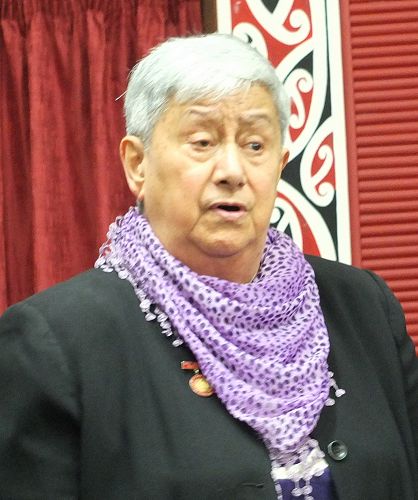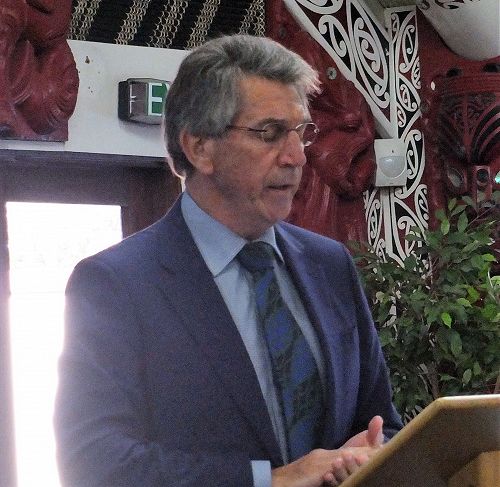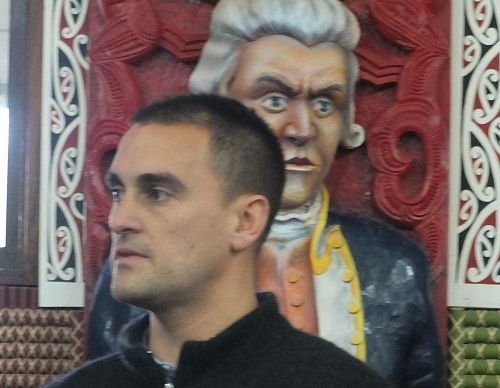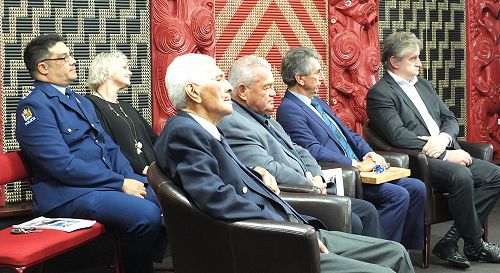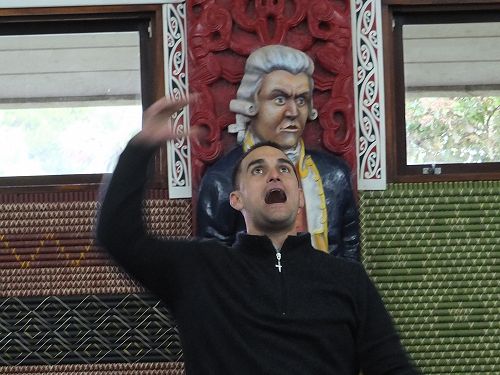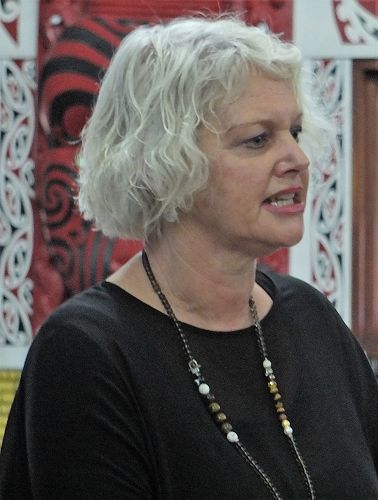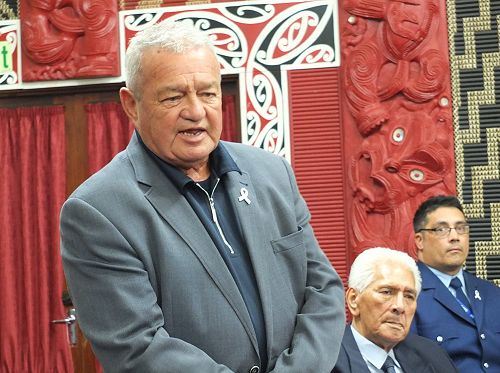
National Youth in Custody Index
Our collective shame - The loss of youth.
Use this link to access the full 2016 Youth Custody Index
The National Youth Custody Index 2016 (YCI) has been prepared, as in previous years, by a group of four students from St Thomas of Canterbury College, Christchurch. Our first Youth Custody Index was released in September of 2014. The students involved in this project are aged from 16 to 18 years old. The YCI is our shared contribution to the ongoing debate about the incarceration of young New Zealanders. Our College follows the teachings of Edmund Rice, founder of the Christian Brothers. Edmund and his actions in Waterford Ireland in the 1800’s are the inspiration of the core values that our College is built upon.
This index is designed to provide New Zealanders with an insight into the youth of our nation and how they live their lives in custody. This index is not intended to be a comprehensive and complete assessment of all the relevant statistics and information. This Index has been compiled to provide an avenue by which the public can be educated regarding the rehabilitation of young people on the margins in an effort to create a better society. This index has been created by young people for other young people who have walked a different path in life. They spend the years of their youth behind fences. This Index aims to be a voice for the voiceless, and to help those on the margins of our society.
Our continued journey in obtaining information from different government agencies under the Official Information Act (OIA) remains not an easy one. Once again we have been refused fully requested information, or provided with poor responses, from two agencies including: New Zealand Treasury; and Ministry of Education.
However, we are saddened to have had no information released from Ministry of the Social Development (MSD). We worked through the Christmas holidays to make sure questions were ready to go live end of January 2016. We made a series of requests (contained in this Index) and have being confronted with extensions and an inability to meet legally mandated time frames. We have pleaded with MSD to release what information they do have, personally complained to MSD Minister Anne Tolley, who last year affirmed our Index, and the Office of the Ombudsman.
This has been time consuming, disappointing and a negative part of this year’s journey. The Office of the Ombudsman has been of assistance but their resources are stretched, and we have a number of new matters from this year, and previous year being pursued by the Ombudsman.
We have attempted to, where possible, in the absence of officially provided information, put together a picture from alternative sources and used the media to assist us in identifying the journey of youth in custody.
We have created an extremely broad coverage of a range of aspects about youth in custody. This study could run the risk of being too superficial and simplistic. We have attempted to avoid this by creating a basic format and simply describing the information attained and placing it in the public arena. In subsequent years, a similar approach will be adopted.
Along with adding to previously collective information we have increased the coverage of the YCI to include:
· The rights of youth in custody and how they are communicated;
· How the mental health needs of youth are identified and what interventions are available;
· Female youth in custody;
· Cultural deficits in the operation of MSD/CYF sites;
· Looking at the custodial arrangements for youth sexual offenders; and
· Military dimension to training youth held in custody.
These new streams of information are material and both directly and indirectly relevant in the lives of youth in custody.
As in previous years our purpose is to inform the public debate. We do not offer explicit solutions to the issues raised but we do see the results of this year YCI as a sadness, there is no marked improvement in the custodial indicators we measure. These presented results indicate our ‘Collective Shame – The Loss of Youth’. Every report or assessment on youth in custody, we have accessed, doesn’t provide positive or uplifting reading.
We do seek, no matter how bluntly to be the voice for our brothers and sisters who are locked up for a variety of reasons. We don’t see hope that all youth are provided with the necessary individual support and attention required, as a result society continues to create a loss in the potentiality of many youths.
Thank you for your interest.
Joseph Devine
Facilitator
Youth Custody Index (2016)
Gallery
